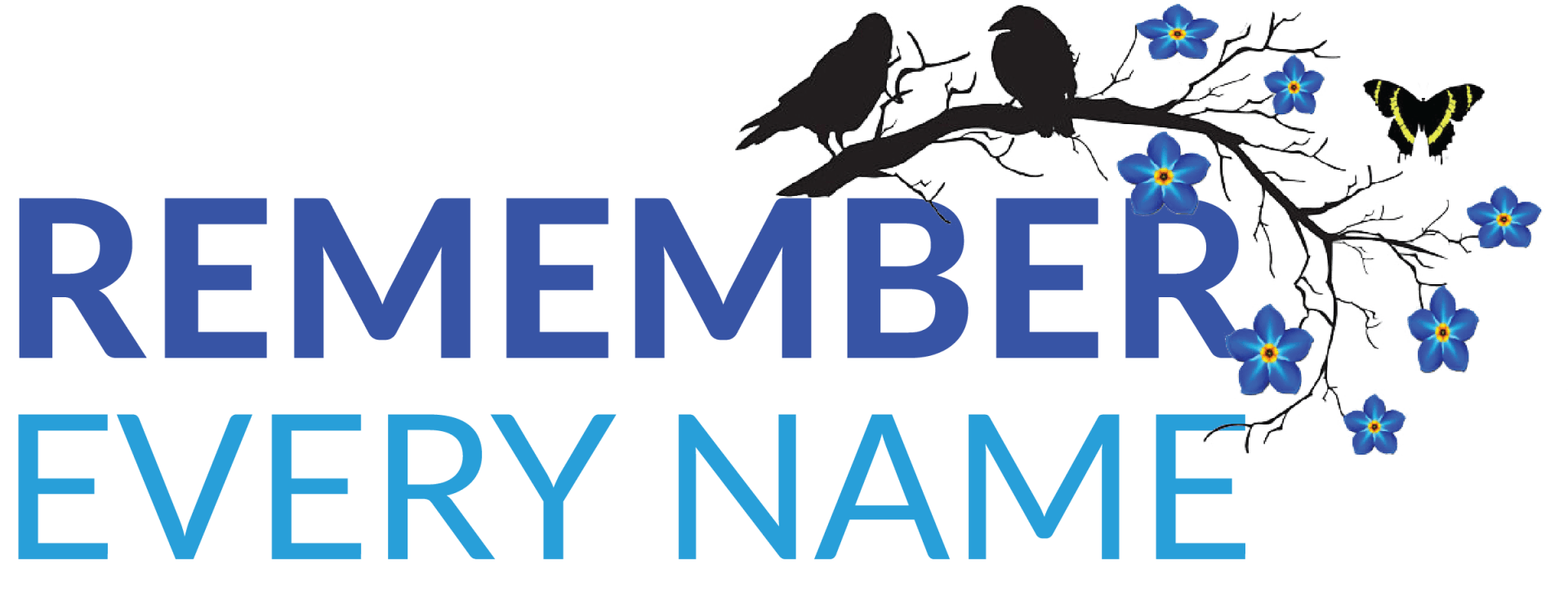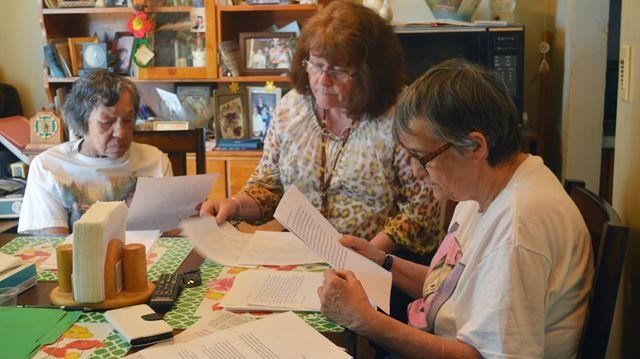Muskoka women’s Huronia Regional Centre experiences touch Alliston students
BRACEBRIDGE – When a stack of 50 letters were thumped on Bev Link’s dining room table, she didn’t know what to say.
She, Mable Lester and Betty Bond each picked one up and began to read.
Grade 9 students at Banting Memorial High School in Alliston wrote the letters to thank the three women for sharing their experiences at Huronia Regional Centre, an institution meant to be for children and adults with developmental delays.
“These children did a great job on these,” Link said after reading a few.
History teacher Kathy Hacon-Belcourt discovered the Muskokan story, Locked away and forgotten: Muskoka women share how they survived institutionalized childhood abuse, at just the right time. Her students were reading a book Keeper N’ Me by Richard Wagamese, about a boy who is taken into the foster care system and loses his identity.
She thought the Bracebridge women’s stories would be a perfect, real-life example of Canada’s sordid past of institutions. Her students were instantly moved.
“Their empathy was unbelievable. Some were teary-eyed,” said Hacon-Belcourt. “They all thought, my God, what would I do if I was in their shoes?”
In the letters, the students not only expressed their emotions, but also thanked the women for sharing their stories.
“I wrote this letter to say sorry,” wrote A.J. “Sorry that such things could happen without people knowing. Sorry a country I thought was so great could have been so horrific.”
The Huronia Regional Centre in Orillia closed in 2009, after more than 130 years of housing children, whose families, doctors and social workers claimed had developmental delays. As Link, 75, Lester, 78, and Bond, 62, can attest to, that wasn’t always the case.
Bond described it as a “dumping ground” for the Children’s Aid Society.
She was brought to the Huronia centre when she was four and a half years old, after being described as a “wild child” by her social worker. She spent the better part of her childhood behind barred windows and locked doors, without love or care. Lester and Link’s stories are very similar, although Link said she was abused more than others because she is native.
“As a first-generation Chinese-Canadian living in a fairly Caucasian region, I can relate to discrimination based solely on the colour of one’s skin, culture and appearance,” wrote Clare. “What I cannot understand is how people had the heart (or lack thereof) to follow through on personal prejudices through actions that can only be classified as crime, torture and a complete lack of human rights.”
Each of the women took turns reading parts of the letters aloud and tears ran freely down their cheeks.
“These letters are totally amazing,” said Bond. “They’re real tearjerkers. The empathy these young people have is unreal.”
The students encouraged the women to keep sharing their stories to prevent places like the Huronia Regional Centre from existing ever again.
“The horrors described … are ones that nobody should have to experience, but you pushed on and adapted,” wrote Erin. “That is what truly makes a hero.”
By Samantha Beattie, Bracebridge Examiner

